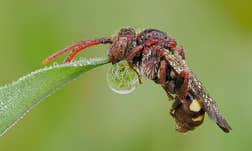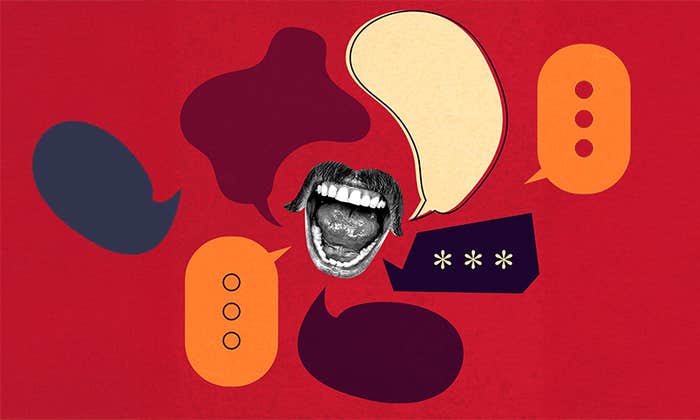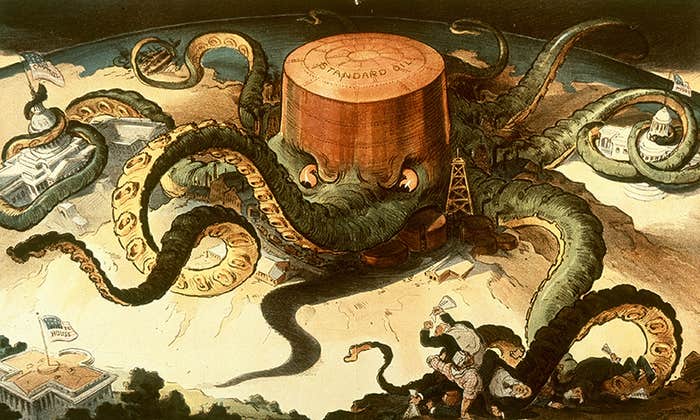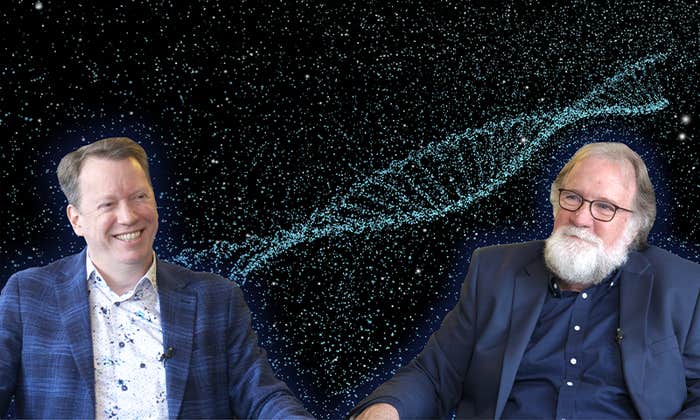In “Metaphors Are Us,” biologist and neurologist Robert Sapolsky made a good case for why symbolic thinking may be the key feature separating humans from our nearest animal relatives. But that essay didn’t end the discussion, which spilled onto social media and continued there. So Nautilus’ special media editor, Rose Eveleth, solicited questions from readers for Sapolsky via Twitter, and he was good enough to give us these answers:
You
mention that some species do have the beginnings of metaphor—things
like “there’s a predator from the sky, run down.” And in many
ways, all language is metaphoric—using one thing (words/sounds) to
represent another (ideas). So what makes our metaphors particularly
special? What’s the simplest metaphor that we have that chimps or
dolphins might not?
Well,
I’ll make that a little more basic and equate “metaphor” in
this case with “word.” In a certain (well, metaphorical) sense,
many other animals have “words” that are roughly akin to
“I’m angry” or “I’m scared” or “I’m happy.” And
“Yes!” and “No!” Simply means of communicating those
emotional states. Within those confines, maybe the simplest “word”
we have that no animal can come near is “maybe.”
Has
there ever been a case of someone not being able to understand
metaphors due to brain damage? If the frontal cortical region gets
damaged, do you no longer appreciate Shakespeare as much?
Schizophrenia
is very often associated with “concreteness” of thought—an
inability on the part of the sufferer to understand metaphors and
abstractions, to take things more literally than they were meant. And
that is certainly a disease involving brain damage (with us still
knowing woefully little about what precisely that damage is).
How
do we know for sure that animals don’t use or understand metaphors?
That seems like a hard thing to test.
Zoologists
are increasingly sophisticated in their understanding of what animals
can communicate. And with rare exceptions (e.g., the vervet monkey
case discussed in the article), animal communication is about
present-tense, first-person emotional states. Maybe they could
understand metaphors (although that seems vastly unlikely to me,
given what is known about animal cognition), but there’s little
evidence that they communicate anything metaphorically.
One
commenter pointed out that metaphors can be beautiful things that
communicate poetry or help us understand the plight of someone we’ve
never met. But they can also be dangerous, and send us to war. And
you say at the end that metaphors are double-edged swords, but you
also say that “We can dull the edge that demonizes, and sharpen the
one that urges us to good acts.” How?
Dull
the edge that demonizes: consider the number of genocides that have
been carried out with the victims proclaimed, metaphorically, as
vermin (rats, cockroaches, and so on) and the absurd power that we
are willing to grant to symbols at times. For example, among gangs,
being willing to kill over the color of clothing. By recognizing the
extraordinary power that comes from framing hate in metaphors, we’re
more likely to be able to defang things like that. To not fall for
them as readily.
Sharpening
the edge that urges us to good acts—the flip side of this. The more
we understand how the brain feels the pains of others, the better
we’ll be at fostering empathy and compassion.
Do
we know enough about how our brains process metaphors to design
maximally effective ones, ones that we simply cannot resist?
I
sure hope not…
Why
is it so important to know what it is that makes a human different
from all the other animals?
It
is certainly useful to think about the similarities between us and
other animals (insofar as that prompts us to have a little more
humility as a species). I suppose that one could do some hand-waving
and come up with something useful about thinking about what is unique
about us as a species. Mostly, it just seems to be an irresistibly
interesting thing to think about, simply for it’s own sake.
What’s
your favorite metaphor?
I
have a taste for the classics and history, so, “Loose lips sink
ships.”
Robert Sapolsky is a professor of biology and neurology at Stanford University. He is the author of a number of books, including Why Zebras Don’t Get Ulcers, Monkeyluv, and A Primate’s Memoir.

























